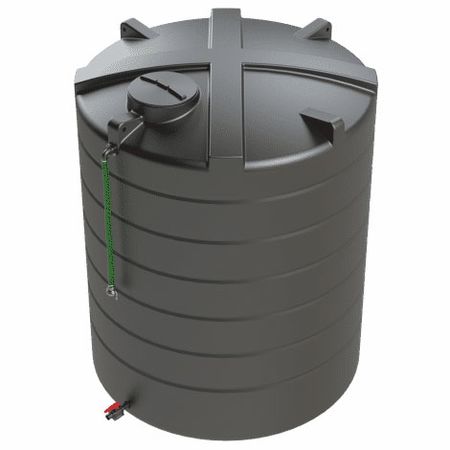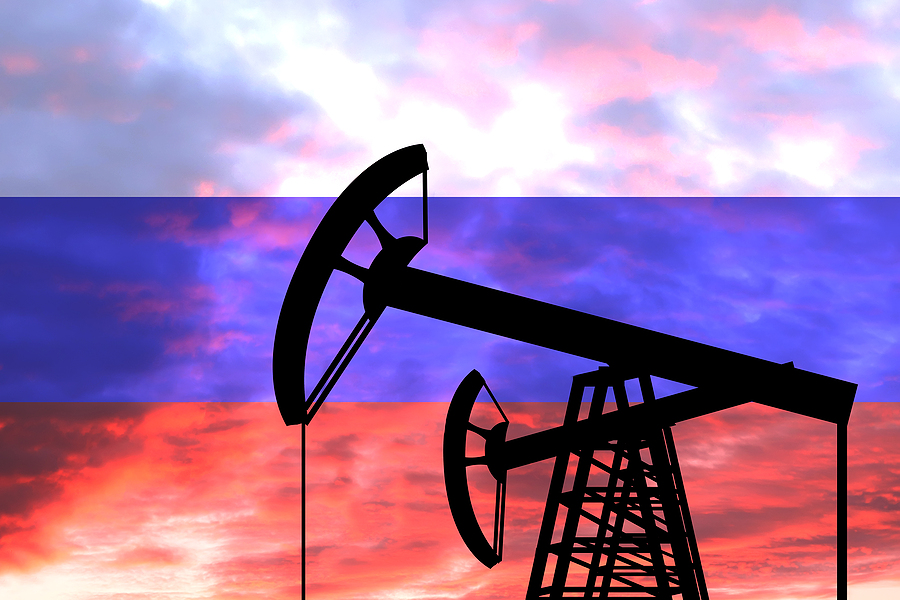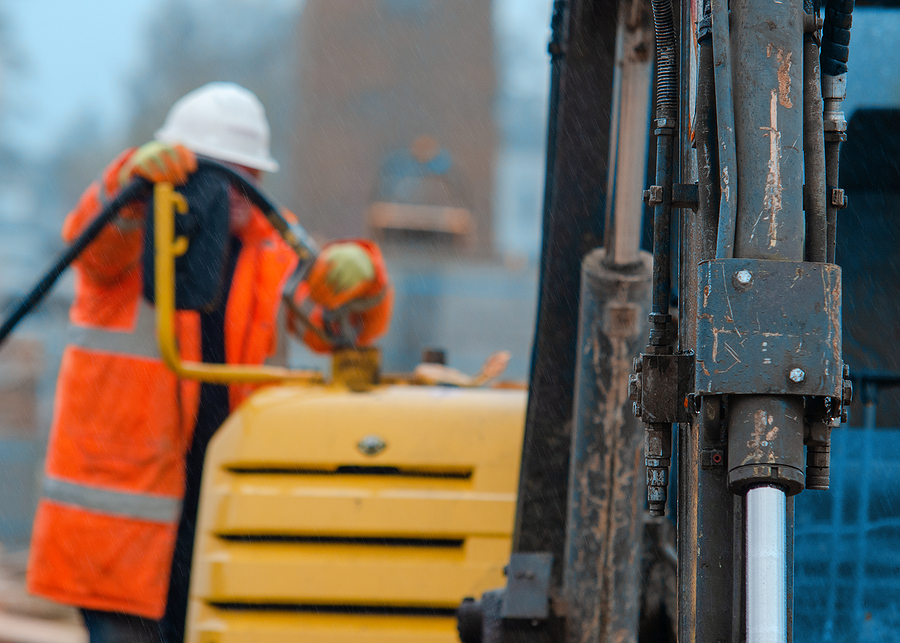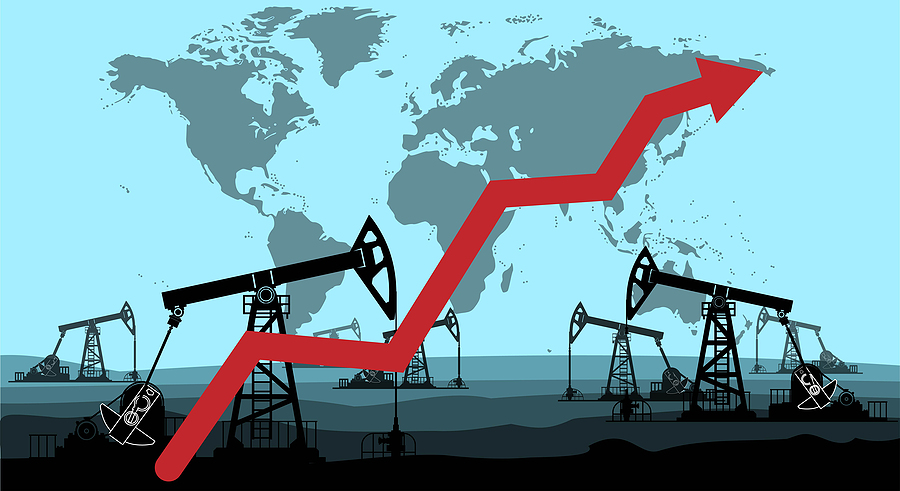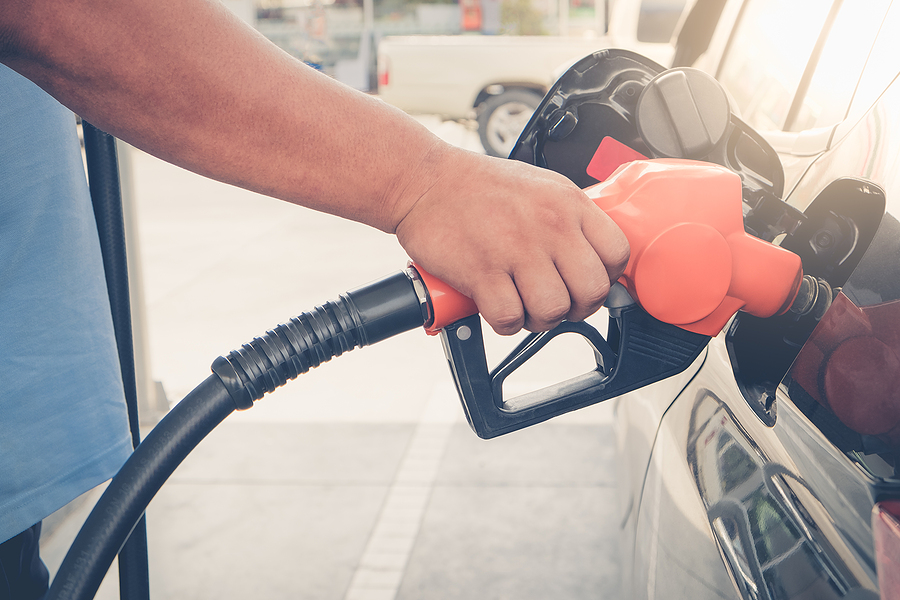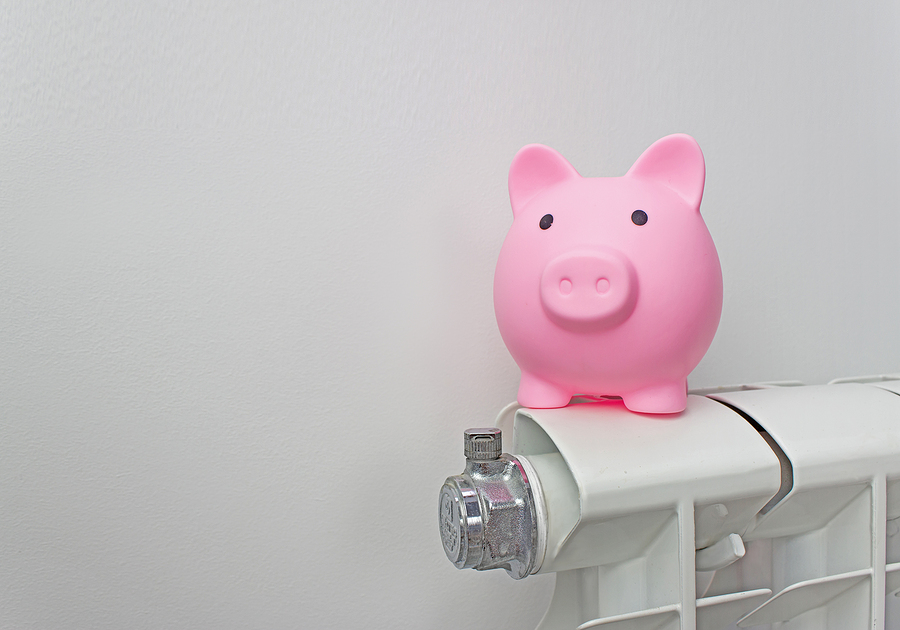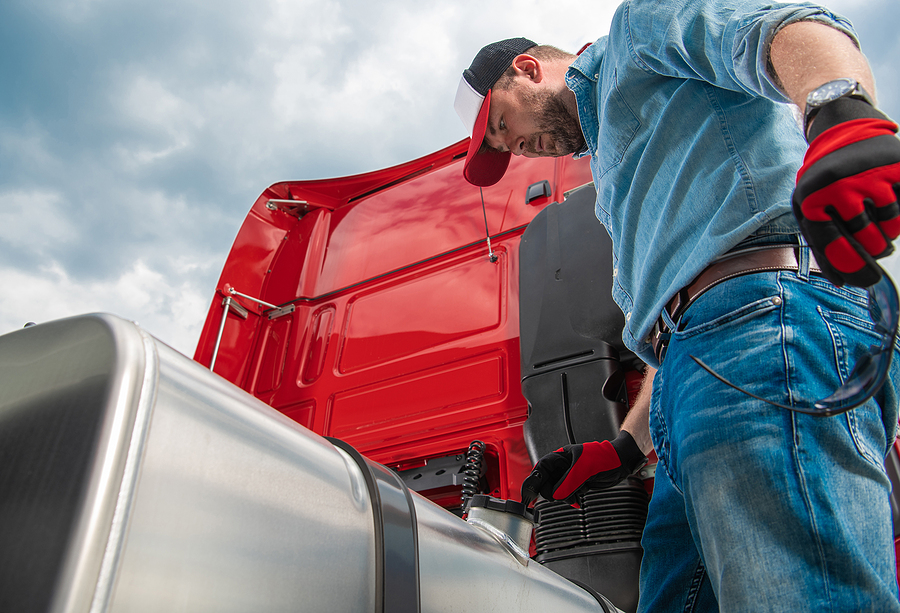Germany And Austria Get Ready For Gas Rationing
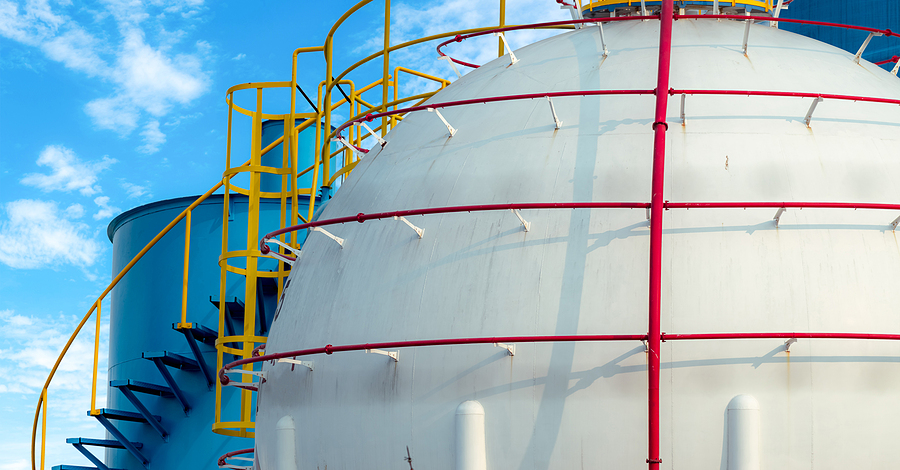
While there has been almost total opposition in Europe to the Russian invasion of Ukraine - Belarus and Serbia being the only exceptions - much of the continent is now faced with a major dilemma over how to unravel its previous high reliance on Russian oil and gas.
Germany has already stopped the new Nordstream
2 pipeline
going into operation, but the fact remains that the country has
been relying on Russia for 40 per cent of its gas - and it is not alone in this
regard. Russian oil also makes up a significant amount of imports to the now
hostile countries lying to its west.
While Russia is itself economically reliant on purchases of
its hydrocarbons, the latest step has been to demand payment in Roubles to
shore up its ailing currency, a move European nations have refused on
contractual grounds. However, there is a distinct possibility that this
stand-off could lead to the gas taps being turned off.
In response, the Germans and Austrians have made
preparations for
possible
gas rationing
, although their governments have stressed this is not
necessary just yet.
Britain is in a more fortuitous position in importing far
less oil and gas from Russia. Nonetheless, now may be a time to ensure that oil tank installations
enable as much storage capacity as possible to be established,
to protect against shortages.
The UK has been talking to Saudi Arabia about securing more
supplies, with prime minister Boris Johnson making a high-profile trip to the
country. However, the Gulf nation has been
unwilling
to make a clear commitment to raise production
.
Moreover, even Saudi Arabian supplies could be in doubt,
with the kingdom’s government admitting the danger as Houthi rebels from the
conflict in neighbouring Yemen have been
attacking
facilities
, including a strike at a storage depot in Jeddah that briefly
threatened the cancellation of the
nearby
F1 Grand Prix
.
With such uncertainty and rising oil prices, increasing oil storage capacity may be a very wise step for countries and individual consumers alike.



